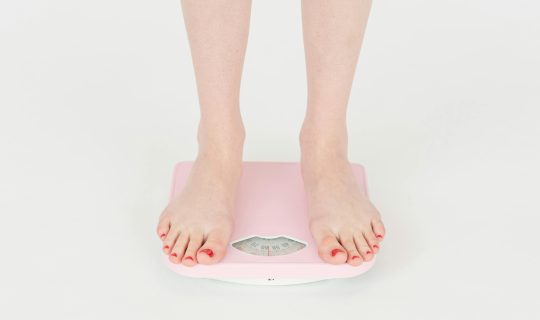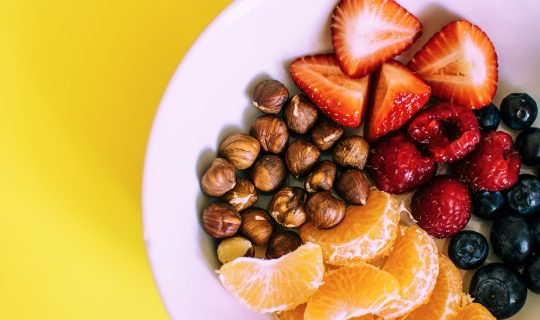Ozempic, Wegovy and other GLP-1 agonists — often referred to as weight loss jabs — have become almost impossible to ignore. They’re widely promoted for appetite control, weight loss and improved blood sugar regulation, and for many busy women they seem like a welcome shortcut when trying to lose some extra weight (not discussing here…
Why is fibre important?
by Lucia Stansbie
Technically a carbohydrate, fibre is the part of food derived from plants resistant to human digestion and absorption. Fibre is needed to maintain a healthy digestive system supporting regular bowel movements, decreasing the time of intestinal transit, lowering cholesterol and glyceemic levels, trapping substances that can be dangerous for the human organism (mutagenic and carcinogenic agents) and stimulating the proliferation of the intestinal microbiota.
It is thought that most of the UK population should increase fibre intake by 60% in order to reach the 30gr per day recommended by the NHS. Studies found that an increase of 7gr of fibre a day can lower risk of cardiovascular disease by 9%, of colon cancer by 7% and stroke by 7%.
There are over 100 types of dietary fibre, divided in 2 main categories:
Soluble – pectins, gums and mucilages. They dissolve with water delaying gastric emptying and increasing a sense of fullness. They can also help lowering cholesterol levels and blood glucose levels and are a source of energy for the gut microbiota as are more fermentable. Main sources are fruits, vegetables, legumes, potatoes, plant extracts (different types of gums) and seaweed extracts.
Unsoluble – Cellulose, hemicellulose and lignin. Those fibres attract water helping softening stool and increasing volume, helping balancing bowel movement. They also have a blood glucose level lowering effect. Those are less fermentable by gut bacteria and the main food sources are plants (vegetables, sugar beet, various brans), cereals and woody plants.
The amount and composition of fibres differ from food to food, often featuring both soluble and insoluble fibre. For optimal health both are needed, so is recommended to have a varied diet to ensure an adequate intake of all types of fibres.
Ideas to increase daily fibre intake:
*Sprinkle ground flaxseeds on yoghurt or on porridge for breakfast. A two-tablespoon serving contains 3.8 of fibre
*Chia seeds have 5.5 grams of fibre per tablespoon. When they are mixed with water they form a gloopy mixture that is great for thickening smoothies, making healthy puddings, or replacing eggs in cakes and cookies.
*Swap potatoes with butter beans in soups, as those have 7gr of fibre for 100gr instead of 2.2gr.
*Add legumes to Bolognese sauce, chili con carne and stews.
*Avocados have 7gr of fibre per 100gr – great as a spread on toast (preferably wholegrain), with omelettes or as a dip for crudités.



